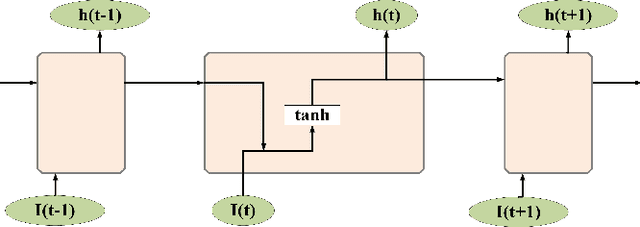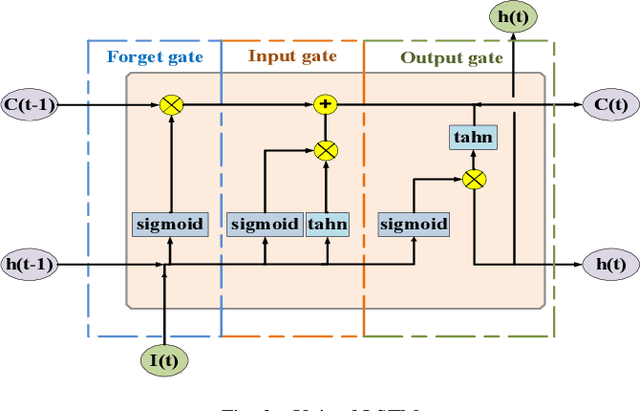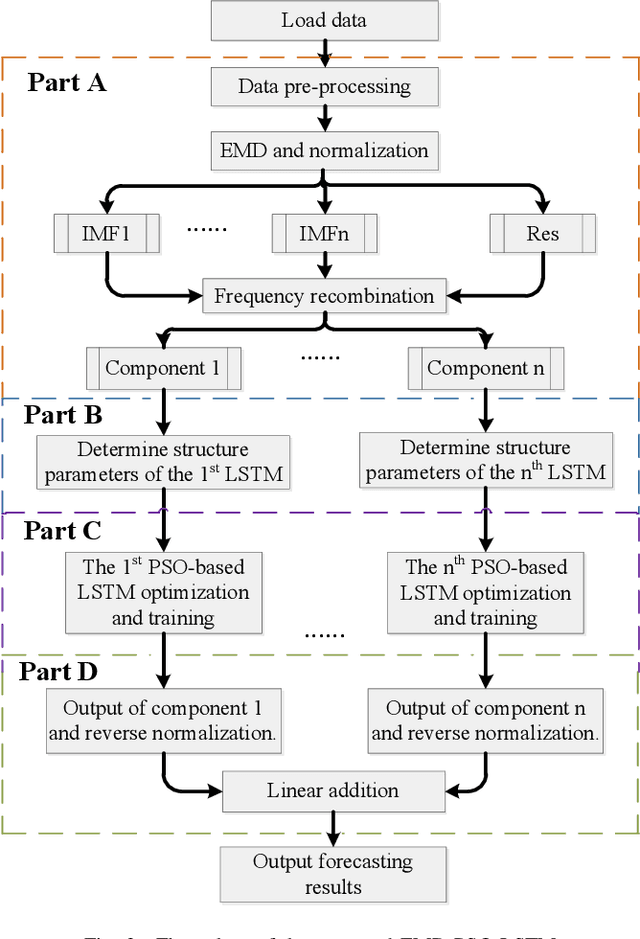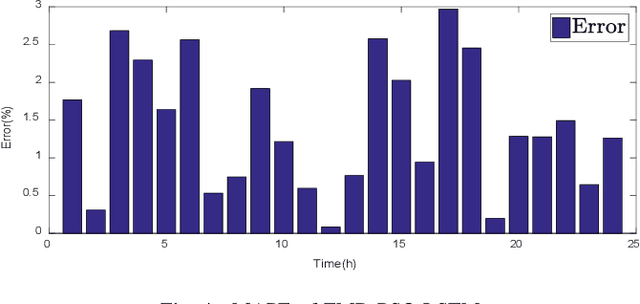Short-term load forecasting using optimized LSTM networks based on EMD
Paper and Code
Aug 16, 2018



Short-term load forecasting is one of the crucial sections in smart grid. Precise forecasting enables system operators to make reliable unit commitment and power dispatching decisions. With the advent of big data, a number of artificial intelligence techniques such as back propagation, support vector machine have been used to predict the load of the next day. Nevertheless, due to the noise of raw data and the randomness of power load, forecasting errors of existing approaches are relatively large. In this study, a short-term load forecasting method is proposed on the basis of empirical mode decomposition and long short-term memory networks, the parameters of which are optimized by a particle swarm optimization algorithm. Essentially, empirical mode decomposition can decompose the original time series of historical data into relatively stationary components and long short-term memory network is able to emphasize as well as model the timing of data, the joint use of which is expected to effectively apply the characteristics of data itself, so as to improve the predictive accuracy. The effectiveness of this research is exemplified on a realistic data set, the experimental results of which show that the proposed method has higher forecasting accuracy and applicability, as compared with existing methods.
 Add to Chrome
Add to Chrome Add to Firefox
Add to Firefox Add to Edge
Add to Edge